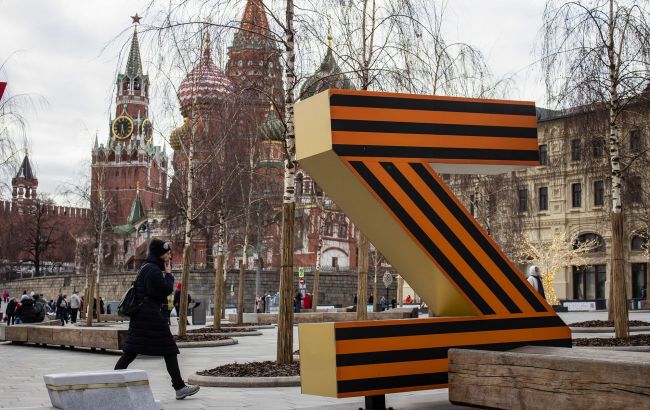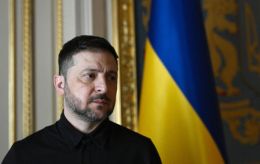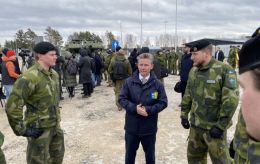Russia overpays 60%: British intelligence on sanctions against military industry
 Sanctions forced Moscow to overpay 60% for military goods (Photo: Getty Images)
Sanctions forced Moscow to overpay 60% for military goods (Photo: Getty Images)
Sanctions will continue to undermine key resources for the Russian defense industry. Russia's isolation limits the number of countries it can directly trade with, increasing the time and cost of acquiring goods it once could purchase freely, according to the Ministry of Defense of the United Kingdom.
The Institute for Developing Economies of the Bank of Finland shows that third countries impose a surcharge of over 60% on the price for exporting certain sanctioned goods to Russia.
According to British intelligence, although Russia has increased production of critical munitions frequently used in Ukraine, such as artillery shells, sanctions are likely to affect Russia's more sophisticated and complex weapon systems. These production and development systems almost certainly rely increasingly on foreign components and technologies.
Furthermore, sanctions will continue to disrupt both the demand and supply of Russian arms exports and significantly complicate payment mechanisms to Russia. This has almost certainly contributed to a significant reduction in Russian arms exports and increased delivery delays, including to some of the remaining major arms clients, according to the British Ministry of Defense.
According to the Stockholm International Peace Research Institute, Russia's share of the global arms trade fell to 11% from 2019 to 2023 compared to 21% from 2014 to 2018.
Weapon components
Despite Western sanctions against the Russian Federation on missiles and drones used by the terrorist Putin regime against Ukraine, dozens of components manufactured in Western countries continue to be found.
Recently, President Volodymyr Zelenskyy stated that at least 49 types of components not produced in Russia were found in Russian Kinzhals, and at least 53 types of such components were found in the Kh-101. He called for expanding sanctions and ensuring accountability for schemes to circumvent them.

